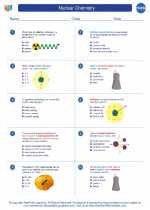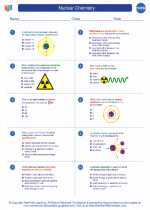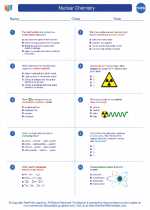Chinese Civilization
Introduction to Chinese Civilization
Chinese civilization is one of the oldest and most influential in the world, with a rich history spanning thousands of years. It has made significant contributions to art, philosophy, science, technology, and more.
Ancient Chinese Dynasties
Chinese civilization is often characterized by its dynastic history. Some of the most notable dynasties include:
- Shang Dynasty (c. 1600–1046 BCE)
- Zhou Dynasty (1046–256 BCE)
- Qin Dynasty (221–206 BCE)
- Han Dynasty (206 BCE–220 CE)
- Tang Dynasty (618–907 CE)
- Ming Dynasty (1368–1644 CE)
- Qing Dynasty (1644–1912 CE)
Key Aspects of Chinese Civilization
Chinese civilization is characterized by a number of key aspects, including:
- Confucianism: A philosophical and ethical system based on the teachings of Confucius, emphasizing the importance of morality, family, and social harmony.
- Taoism: A philosophical tradition that emphasizes living in harmony with the Tao, or the natural order of the universe.
- Chinese Language: The Chinese language, particularly written Chinese, has had a profound impact on the development of the civilization.
- Art and Literature: Chinese civilization has produced a rich tradition of art and literature, including calligraphy, painting, poetry, and more.
- Science and Technology: Chinese civilization has made significant contributions to fields such as astronomy, mathematics, medicine, and technology.
Modern Chinese Civilization
Modern Chinese civilization has been shaped by a number of significant events, including the Communist Revolution, the establishment of the People's Republic of China, and the rapid economic and technological development of recent decades.
Study Guide
When studying Chinese civilization, it is important to focus on the following key areas:
- Understand the major dynasties and their contributions to Chinese civilization.
- Explore the key aspects of Chinese culture, including Confucianism, Taoism, language, art, and science.
- Examine the impact of Chinese civilization on the modern world, including its economic and technological development.
- Consider the influences of Chinese civilization on neighboring cultures and civilizations.
[Chinese Civilization] Related Worksheets and Study Guides:
.◂Chemistry Worksheets and Study Guides High School. Nuclear Chemistry
Worksheet/Answer key Nuclear Chemistry
Nuclear Chemistry  Worksheet/Answer key
Worksheet/Answer key Nuclear Chemistry
Nuclear Chemistry  Worksheet/Answer key
Worksheet/Answer key Nuclear Chemistry
Nuclear Chemistry 

 Worksheet/Answer key
Worksheet/Answer key
 Worksheet/Answer key
Worksheet/Answer key

The resources above cover the following skills:
Concepts of Physical Science (SB1, SB2, SB3, SB4)
The student demonstrates an understanding of the interactions between matter and energy and the effects of these interactions on systems by researching applications of nuclear reactions in which a small amount of matter is converted directly into a huge amount of energy (i.e., E=MC2). (L)